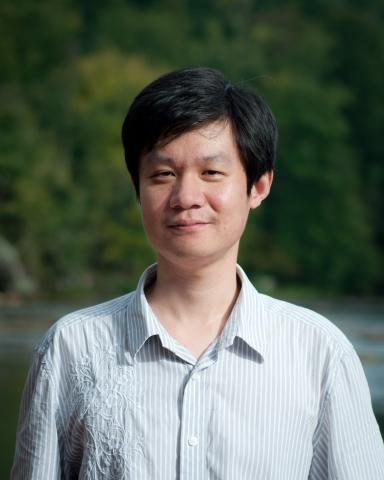event
GVU Brown Bag Seminar: Chris Deleon and Jie Tan
Primary tabs
Speaker 1:
Chris DeLeon
Title:
Relationship Between Payment Models and Game Design Tastes
Abstract:
The videogame industry has repeatedly experienced dramatic changes in the way that the most profitable, highest visibility digital games earn revenue. This presentation begins with coin-op arcade games, to the long reign of shareware PC games and full cost retail for early console or handhelds, subsequently dovetailing within the past decade into subscription MMORPGs, sponsored Flash games, $15-$20 downloadable casual games, dollar mobile apps, ad-driven games, special offers in Facebook games, free-to-play with microtransactions, and now into the latest wave of paid betas and crowd-funded projects. I'll introduce my early, work-in-progress investigation into how these payment models, alongside other technical constraints and context factors, have formed temporary ecosystems for the evolution of different patterns of player preferences in regard to play session length, overall game duration, difficulty curve, replay value, styles of multiplayer, and other design considerations.
Bio:
Chris DeLeon is a PhD student in Digital Media. He completed a Masters in Digital Media in 2012, with his thesis about on pinball's gameplay design and business connections to early coin-op videogames. He completed his BS in Computer Science at Carnegie Mellon. Between undergraduate and graduate studies he developed videogames professionally for a large AAA studio, at a casual web games start-up, and in the then-new market for smartphone games. Outside of professional game development his primary interest has been developing noncommercial games for the past 15 years, and helping others get started doing so.
Speaker 2:
Jie Tan
Title:
Learning Bicycle Stunts
Abstract:
The bicycle was voted as the best invention since the 19th century because it is an inexpensive, fast, healthy and environmentally friendly mode of transportation. In this talk, we will present a general approach for simulating and controlling a human character that is riding a bicycle. The two main components of our system are offline learning and online simulation. We simulate the bicycle and the rider as an articulated rigid body system. The rider is controlled by a policy that is optimized through offline learning. We apply policy search to learn the optimal policies, which are parameterized with splines or neural networks for different bicycle maneuvers. We use Neuroevolution of Augmenting Topology (NEAT) to optimize both the parametrization and the parameters of our policies. The learned controllers are robust enough to withstand large perturbations and allow interactive user control. The rider not only learns to steer and to balance in normal riding situations, but also learns to perform a wide variety of stunts, including wheelie, endo, bunny hop, front wheel pivot and back hop.
Bio:
Jie Tan is a PhD candidate of computer science in Georgia Institute of Technology. His research is to develop computational tools that facilitate scientists, engineers and artists to understand and to simulate human and animal locomotion. His work on articulated swimming creatures, soft body locomotion and learning bicycle stunts investigate the problems of locomotion control in complex environment. In addition to computer graphics, his other interests include robotics, computer vision and machine learning.
Groups
Status
- Workflow status: Published
- Created by: Alishia Farr
- Created: 01/06/2014
- Modified By: Fletcher Moore
- Modified: 04/13/2017
Categories
User Data
Target Audience


